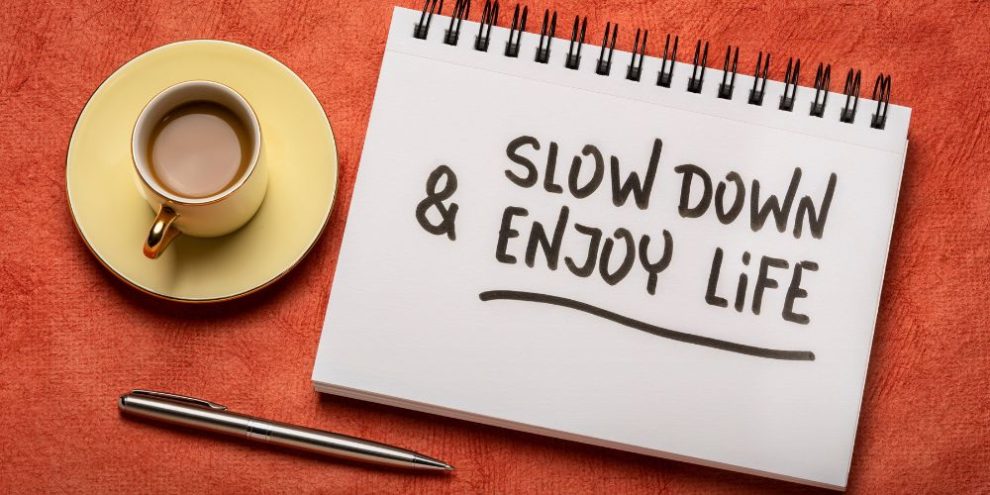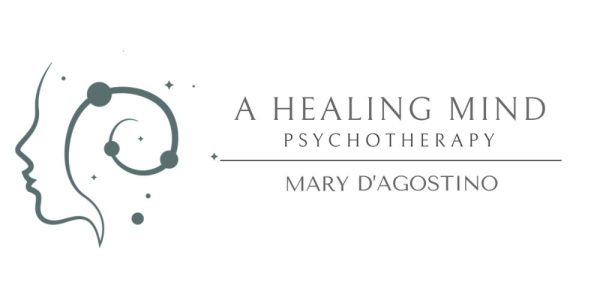
These days, it can sometimes seem like every second of our day is stretched beyond its limits in hopes of achieving maximum potential. We’re constantly trying to shave ten seconds off a repetitive task, just to save ourselves ten hours a year.
But is this relentless push for optimization really beneficial or are we ignoring how our brains are truly wired to function?
Barrie's News Delivered To Your Inbox
By submitting this form, you are consenting to receive marketing emails from: Central Ontario Broadcasting, 431 Huronia Rd, Barrie, Ontario, CA, https://www.cobroadcasting.com. You can revoke your consent to receive emails at any time by using the SafeUnsubscribe® link, found at the bottom of every email. Emails are serviced by Constant Contact
Recent neuroscience suggests we may be on the wrong track. Turns out the constant drive to maximize productivity may actually be impairing our brain’s ability to function, particularly when it comes to creative and analytical thinking.
Instead of pushing our minds to their limits, science suggests taking a step back. This allows the brain to work at its natural pace and may be more effective for sustained performance and mental health.
Your brain is an engine
Central to this new understanding is a small bundle of neurons in the brainstem known as the locus coeruleus. This tiny structure acts as a sort of gear shifter for the brain, influencing how we process information and respond to the world. Neuroscientists have found that the locus coeruleus operates in three main gears, each corresponding to a different state of mental engagement:
- Gear 1: A relaxed, free-flowing state where the mind can wander. This is where creative ideas often emerge.
- Gear 2: A focused, attentive state ideal for problem-solving and moderate concentration.
- Gear 3: A hyper-alert state, useful in emergencies but detrimental to complex or creative thinking.
Experiments have shown that Gear 2 is the sweet spot for cognitive performance. This state allows for sustained focus without sacrificing the flexibility needed for creative problem-solving. In contrast, Gear 3, often triggered by high stress or urgency, may help us respond to immediate challenges but hinders the brain’s ability to think deeply and analytically.
The pitfalls of constant productivity pressure
Our culture’s relentless focus on productivity can push the locus coeruleus into Gear 3 too often, keeping us in a state of constant alertness. This high-stress mode might seem like it’s boosting output, but it ultimately exhausts the brain, undermining our ability to think clearly and creatively. Instead of improving productivity, this approach can lock us into a state of cognitive burnout, diminishing the quality of our work over time.
According to researchers, this constant pressure to perform at peak levels neglects the natural ebb and flow of the brain’s needs.
The human mind isn’t designed to operate at full throttle all the time. It needs periods of lower engagement to process information effectively, consolidate learning, and spark new ideas.
Why downtime is as important as uptime
In light of these findings, it may be time to rethink what productivity really means.
High-quality work doesn’t come from non-stop hustle but from a balanced approach that includes time to rest and recharge. Allowing our minds to shift back to Gear 1 and Gear 2 when appropriate can lead to richer, more innovative thinking.
In this context, "downtime" becomes as productive as "uptime," enabling the brain to reset and approach tasks with fresh perspectives.
Practical ways to balance uptime and downtime
- Pace Yourself: Incorporate short breaks into your workday to prevent cognitive overload. Simple activities like taking a walk or daydreaming can help your brain recharge.
- Embrace Focused Work Intervals: Rather than aiming for continuous focus, work in intervals where you are highly attentive (Gear 2), followed by a period of relaxation.
- Redefine Productivity: Resist the urge to constantly optimize every task. Recognize that high-quality work often stems from a well-rested, balanced mind.
It's time to redefine productivity
As tempting as it may be to make the most of every second, a more mindful approach to productivity may be the key to unlocking our full potential.
Instead of constantly pushing ourselves to do more in less time, it may be more effective – and more fulfilling – to allow our brains the space to shift gears naturally. When it comes to creativity, innovation, and sustained performance, the true productivity hack might just be learning when to slow down.











